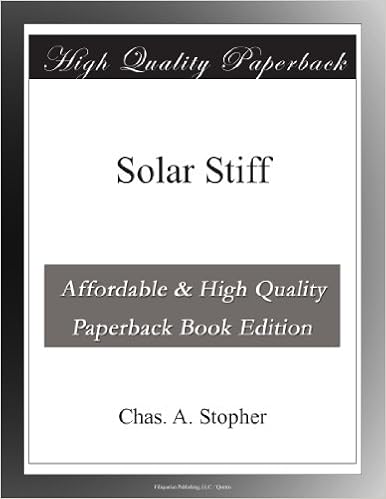

Today’s total freedom of central banks to adjust interest rates and print money is actually another expression of the distrust of politicians that began with Friedrich Hayek and Milton Friedman, and led to 40 years of trust in free markets and private ownership, along with lower taxation.

Overall global debt has grown to 350 per cent of GDP, from 152 per cent in 1990. The result is that most economies now require $US3-$US5 of debt for every incremental dollar of GDP, versus $US1.50 in the 1950s, ’60s and ’70s. Governments that were weighed down by huge deficits as a result of the banks’ self-destruction in 2008 were only too happy to let their own central banks take the running and print trillions of dollars to keep economic growth going in the absence of either fiscal support or productivity growth. They had been given independence a decade or more before that, but after 2008 they started generating “free money” through quantitative easing.

One thing that did happen as a result of the GFC was that central banks became completely unconstrained. That led to some extra regulation of banks, but no broader reordering of priorities or fundamental change in the philosophy of governing, and now the world’s private energy firms are at it. The first demonstration of this was the GFC, when the world’s private banks came unglued and would have brought down the global economy entirely if it hadn’t been for massive state intervention and fiscal support. The context for Australia’s struggle with the gas cartel is global, and wider than energy: The war in Ukraine has once again exposed frailties in the global economy caused by the rolling back of government regulation over the past 40 years. In Australia, the ACCC’s gas inquiry interim report is a devastating critique of what happens when a private cartel gets control of an essential product, any product for that matter.ĪCCC chair Gina Cass-Gottlieb is calling on the federal government to trigger what’s called the Australian Domestic Gas Security Mechanism (ADGSM), having found that the five LNG exporters that control 90 per cent of Australia’s gas will leave Australians 56 petajoules short next year, while at the same time enjoying a huge lift in profit margins as a result of a crippling rise in gas prices.

After years of fighting environmentalists and the Italian bureaucracy to start producing gas, suddenly the government in Italy, egged on by Germany, is falling over itself to help Bailey get production going. This week I spoke to Kevin Bailey, Australian chairman of a small locally listed company called Po Valley Energy, which own gas fields in the north of Italy and the Adriatic Sea.


 0 kommentar(er)
0 kommentar(er)
